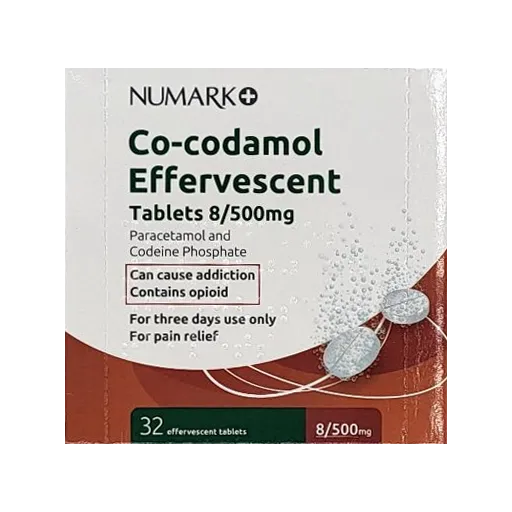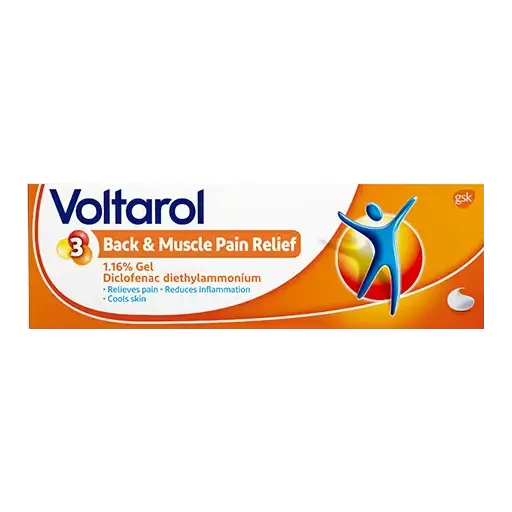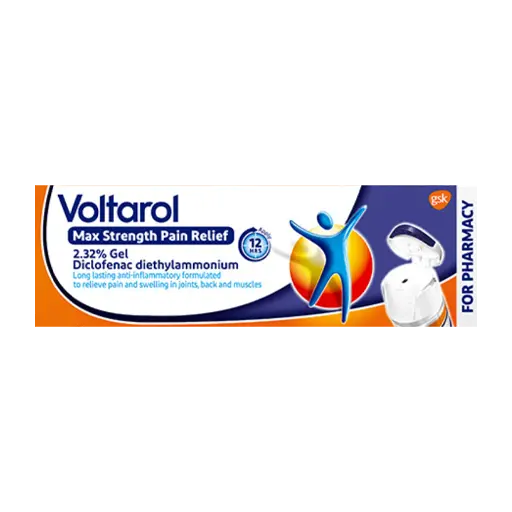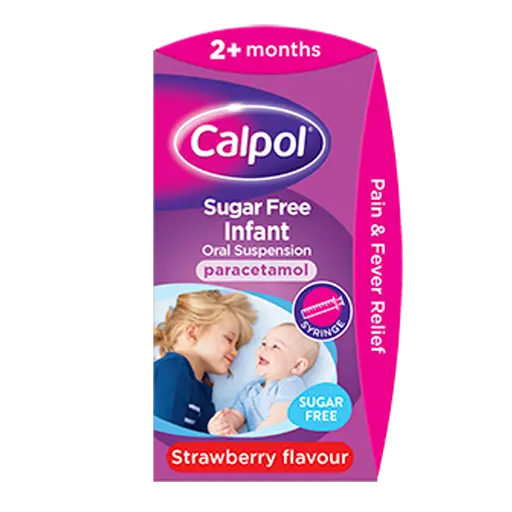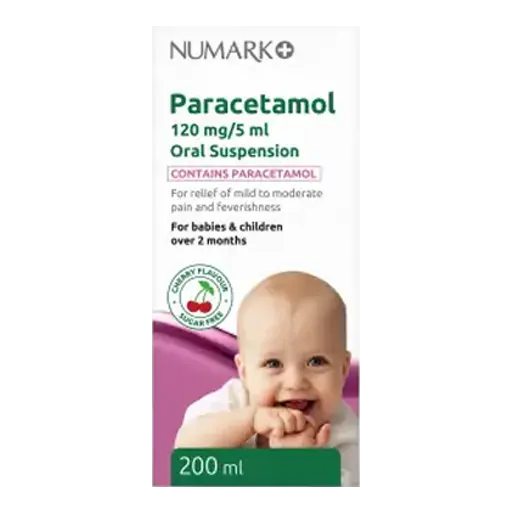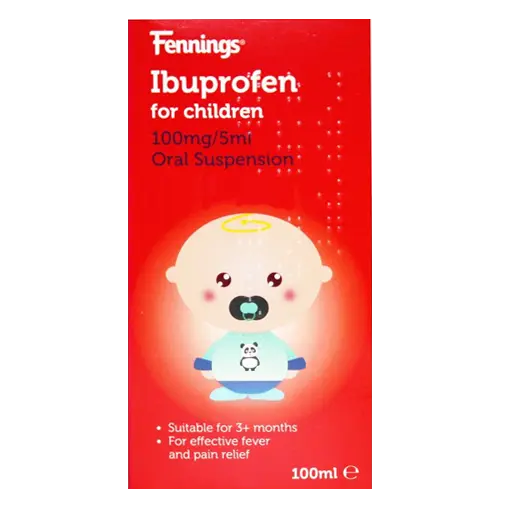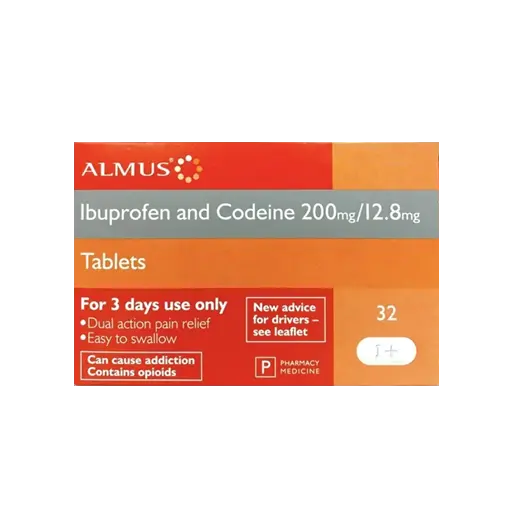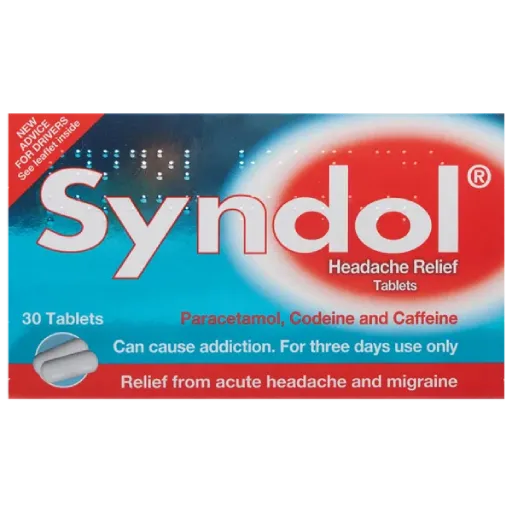Is Naproxen Safe?
Naproxen is a popular choice for managing pain and inflammation. Whether it’s joint pain, a sprain, or menstrual cramps, this nonsteroidal anti-inflammatory drug (NSAID) is known to pack a punch. There are a lot questions recently regarding its safety so we are answering:Naproxen is it safe? Let’s dive into how it works, who should use it, and what to watch out for.
Naproxen Dosage
Naproxen comes in two main strengths: 250 mg and 500 mg tablets. The 250 mg tablets are usually prescribed for those who may be at risk of side effects from naproxen such as the elderly, those who have high blood pressure, have previously had a stroke or those with kidney or liver problems. They can also be used for conditions like arthritis or long-term pain, and are taken twice a day. For acute pain, such as a sprain or period cramps, the higher 500 mg tablet might be recommended as an initial dose, followed by smaller amounts to maintain relief.
What Happens if I Take Too Much Naproxen?
Taking more than the recommended dose is not recommended. An overdose on naproxen can lead to dizziness, drowsiness, nausea, and stomach pain. Severe cases could cause breathing difficulties, unconsciousness, or kidney damage. If you've taken too much and feel unwell, please contact a healthcare professional or 111 immediately.
How Long Can I Take Naproxen For?
Naproxen isn’t designed for long-term, daily use unless prescribed by your doctor as you should be contiously monitored while taking it. For acute conditions like a sports injury, short-term use of a few days should be enough. Long-term use, particularly at higher doses, can lead to stomach ulcers, bleeding, kidney issues, cerebrovascular, and CNS adverse effects [Marcum, 2010]. If you are above 65 it is important that you always take a medication to protect your stomach such as Omeprazole or Lansoprazole.
Is Naproxen Addictive?
Unlike opioids and other pain medication, naproxen isn’t addictive. You won’t build a tolerance or suffer withdrawal if you stop. However, just because it’s not addictive doesn’t mean it’s harmless—regular, unsupervised use can still cause harm.
Naproxen Interactions
Naproxen can interact with other medication so it is important you inform your healthcare professional about any medication you are taking, as these interactions can be serious.
- Other anti-inflammatory medicines, such as aspirin or ibuprofen
- Blood thinning medication, such as warfarin or rivaroxaban
- Corticosteroids, such as prednisolone
- Diuretics, such as Furosemide, Spironolactone
- Medicines used to treat heart problems and high blood pressure such as Amlo
- Antidepressants, such as citalopram, sertraline and mirtazapine (will require a PPI to protect the stomach)
- Medicine used to treat rheumatoid arthritis, such as methotrexate
For a full list of interactions with Naproxen, see the BNF - Narpoxen Interactions page.
Who Shouldn’t Take Naproxen?
Naproxen isn’t for everyone. If you have certain medical conditions, it can make things worse or increase the risk of side effects. People with:
- High blood pressure
- Heart disease
- History of stroke
Should avoid naproxen unless specifically advised by their doctor.
It can raise blood pressure and increase the risk of heart problems, especially with long-term use. Those with stomach ulcers, liver or kidney problems, or a history of gastrointestinal bleeding should also avoid it.
Naproxen and Other Painkillers
Naproxen can be combined with certain painkillers, like paracetamol, for added relief. However, do not take it with other NSAIDs (like ibuprofen). This can increase the risk of stomach issues or bleeding. If you’re unsure about combinations, it’s best to ask a pharmacist or doctor.
How Quickly Does Naproxen Work?
For most people, naproxen starts to kick in within an hour or two after taking it and the effects can last up to 12 hours—longer than many other painkillers.
Naproxen Alternatives
If naproxen isn’t right for you, don’t worry—there are other options. Ibuprofen or aspirin are common alternatives, though they may require more frequent dosing. For more severe pain, your doctor might recommend stronger medications or even non-drug options like physiotherapy.
Quick Summary
Naproxen is effective for various types of pain and inflammation. Stick to the correct dosage, don’t overuse it, and try avoid combinations with other drugs. Always consult a healthcare professional if you’re unsure. While it’s not addictive, long-term use can still lead to complications, so use it wisely.
So is naproxen safe? If taken correctly, you will be absolutely fine. But keep it to a low dose for as short a term as possible.
Sources
(Marcum, 2010) - Recognizing the Risks of Chronic Nonsteroidal Anti-Inflammatory Drug Use in Older Adults
NHS - Naproxen
BNF - Naproxen
Related products
-
POM
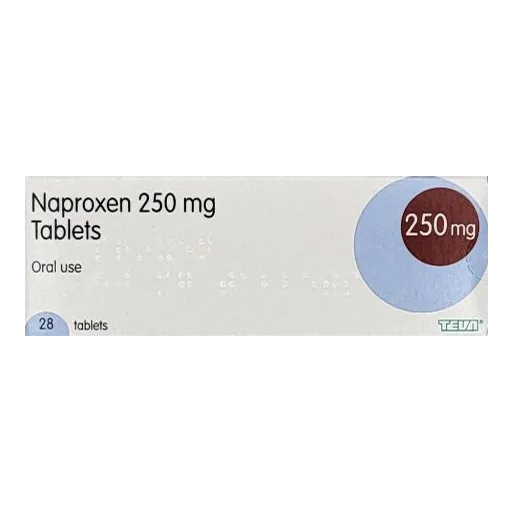
naproxen tablets
£8.99
-
P
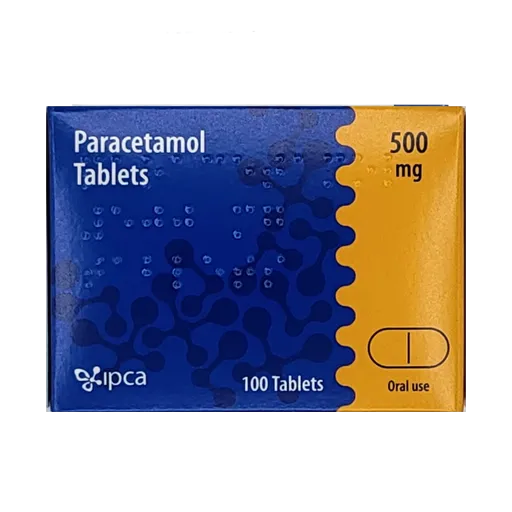
paracetamol caplets
£0.99
-
P
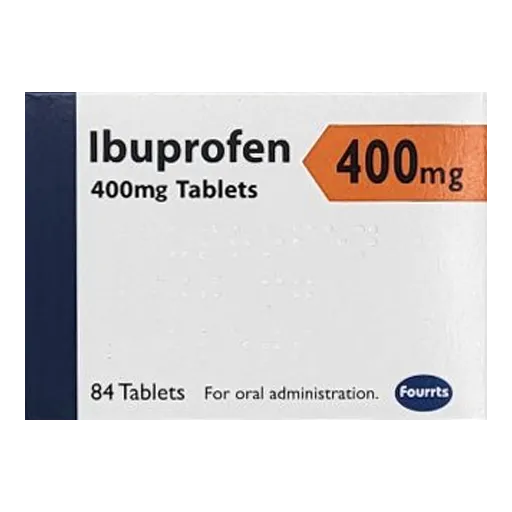
ibuprofen tablets
£6.99
-
P

cuprofen tablets
£8.49
-
P
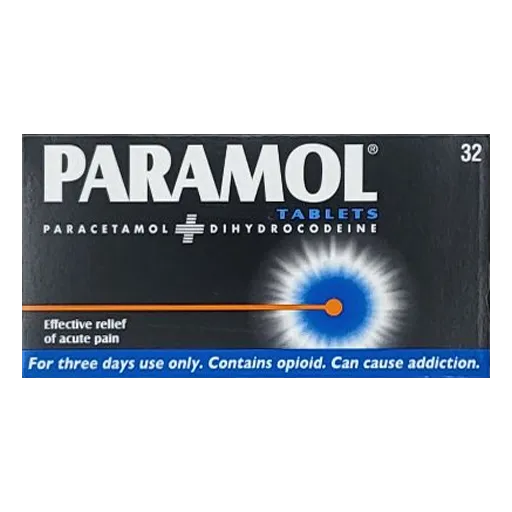
paramol tablets
£9.89
-
P
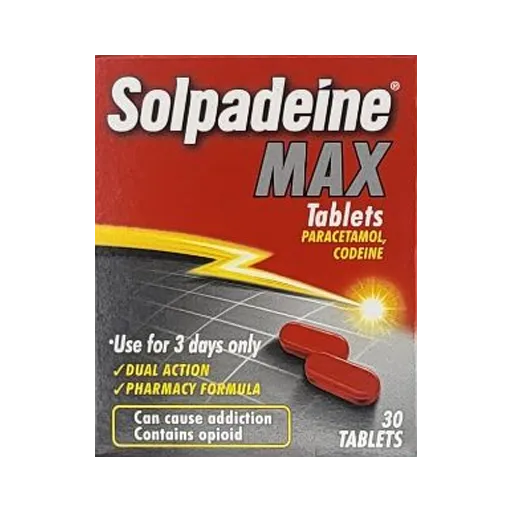
solpadeine max tablets
£8.29
-
P
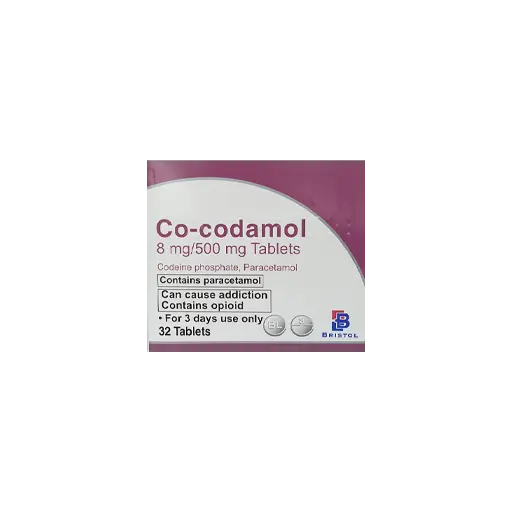
co–codamol tablets
£3.99
-
P

solpadeine plus capsules
£7.49
-
P

ibuprofen gel
£3.99
-
P
-
P
-
P
-
P
-
P
-
P
-
P
-
P
-
P
-
GSL
-
GSL
-
P

calpol SixPlus fastmelts
£5.49
-
P
-
P
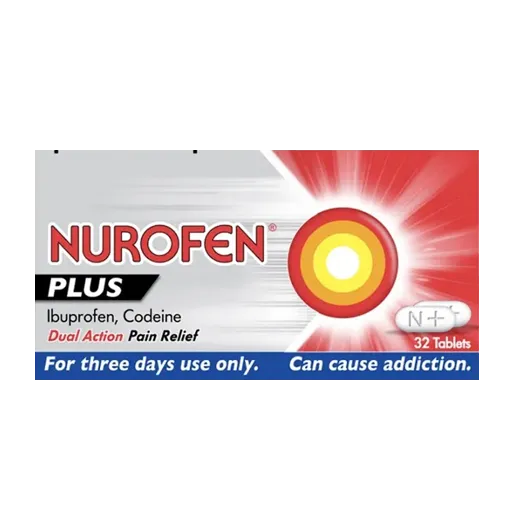
nurofen plus tablets
£10.99
-
GSL

deep heat heat rub
£3.49
-
GSL
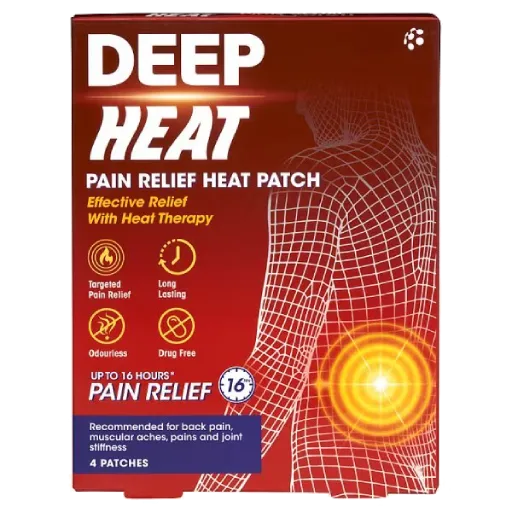
deep heat patch
£3.09
-
GSL
-
GSL

tiger balm red ointment
£6.75
-
P

migraleve pink tablets
£10.99
-
P

migraleve yellow tablets
£9.49
-
P
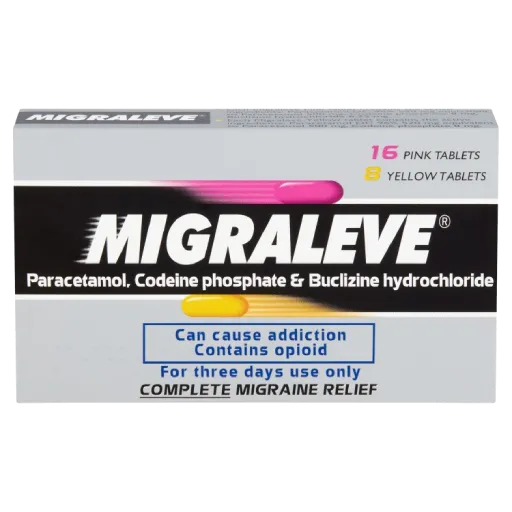
migraleve complete tablets
£11.99
-
P
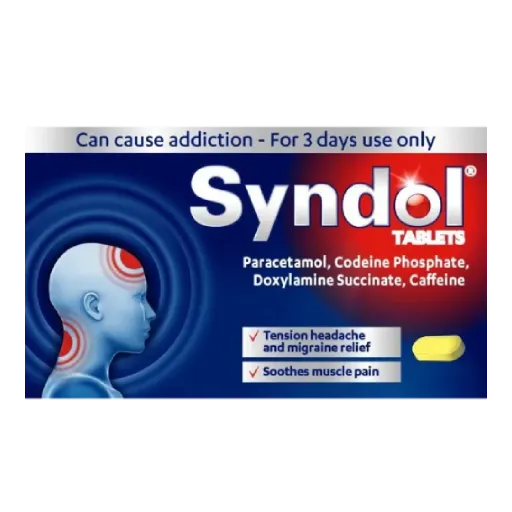
syndol tablets
£5.49
-
P
-
P
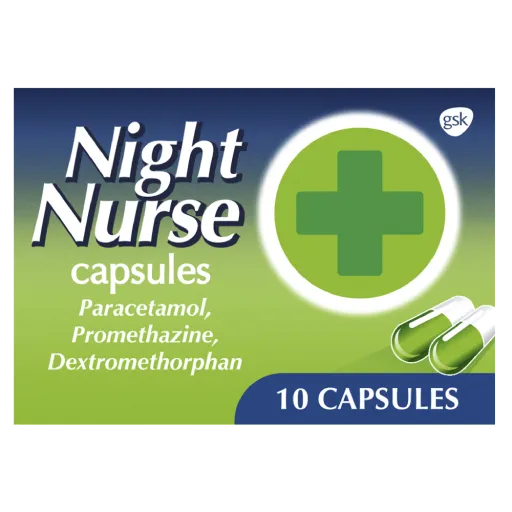
night nurse capsules
£6.29
-
P
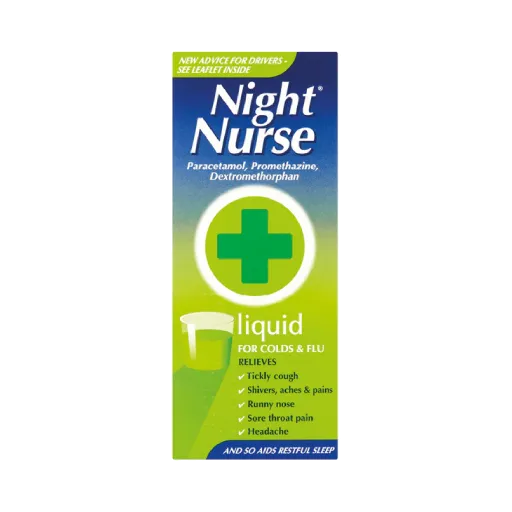
night nurse liquid
£9.49
